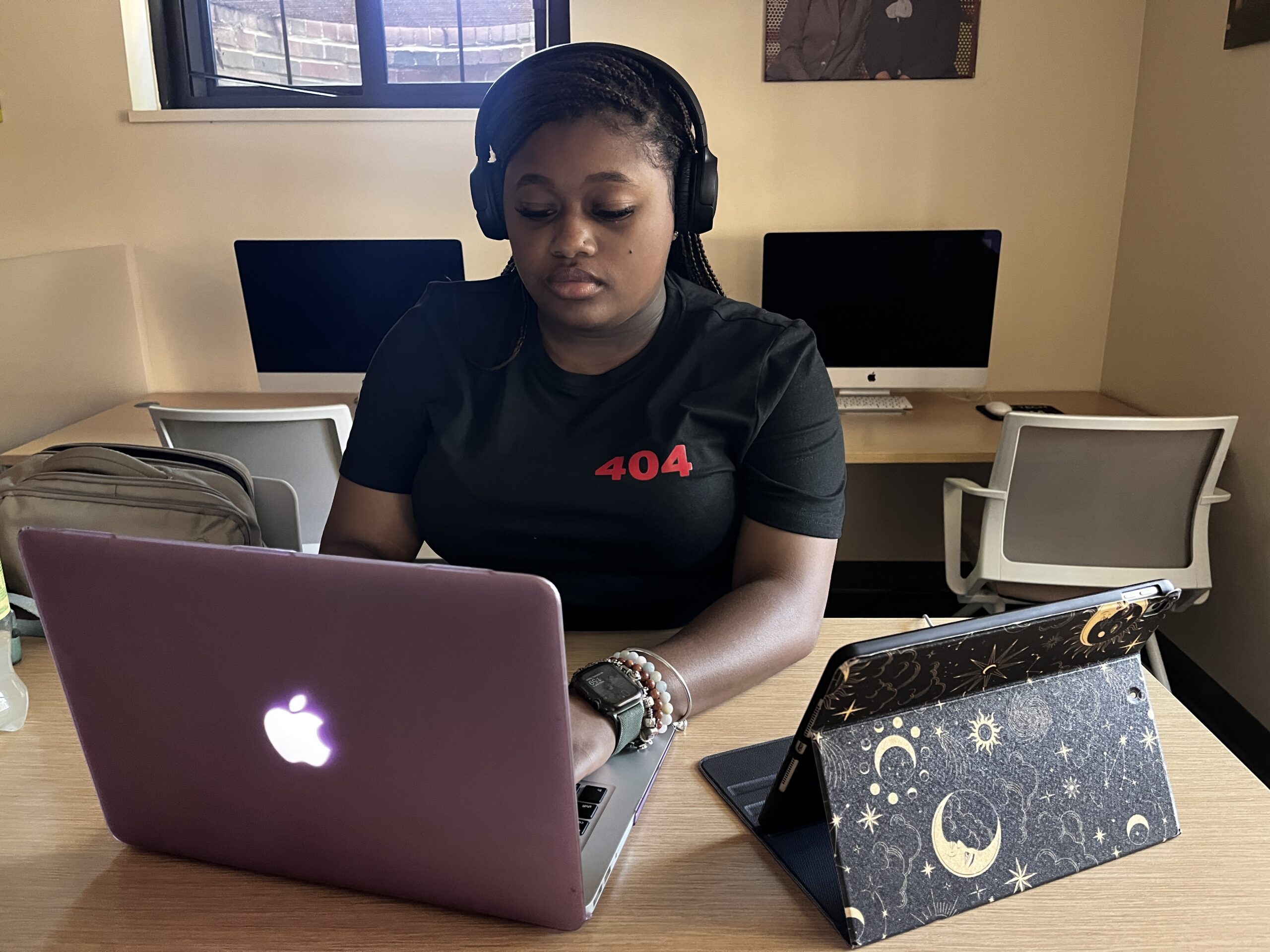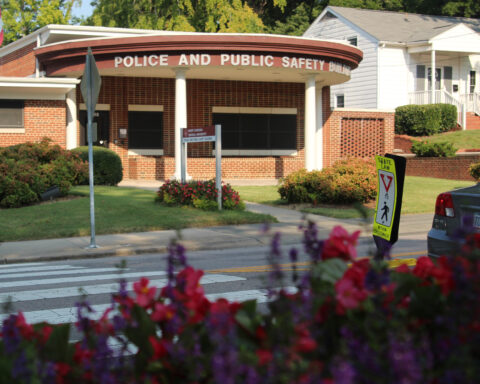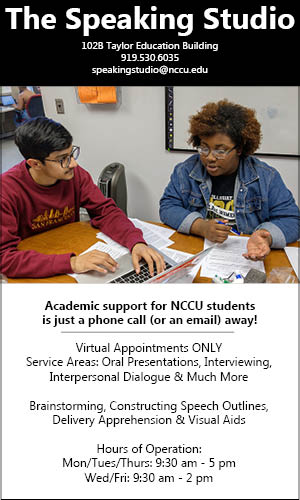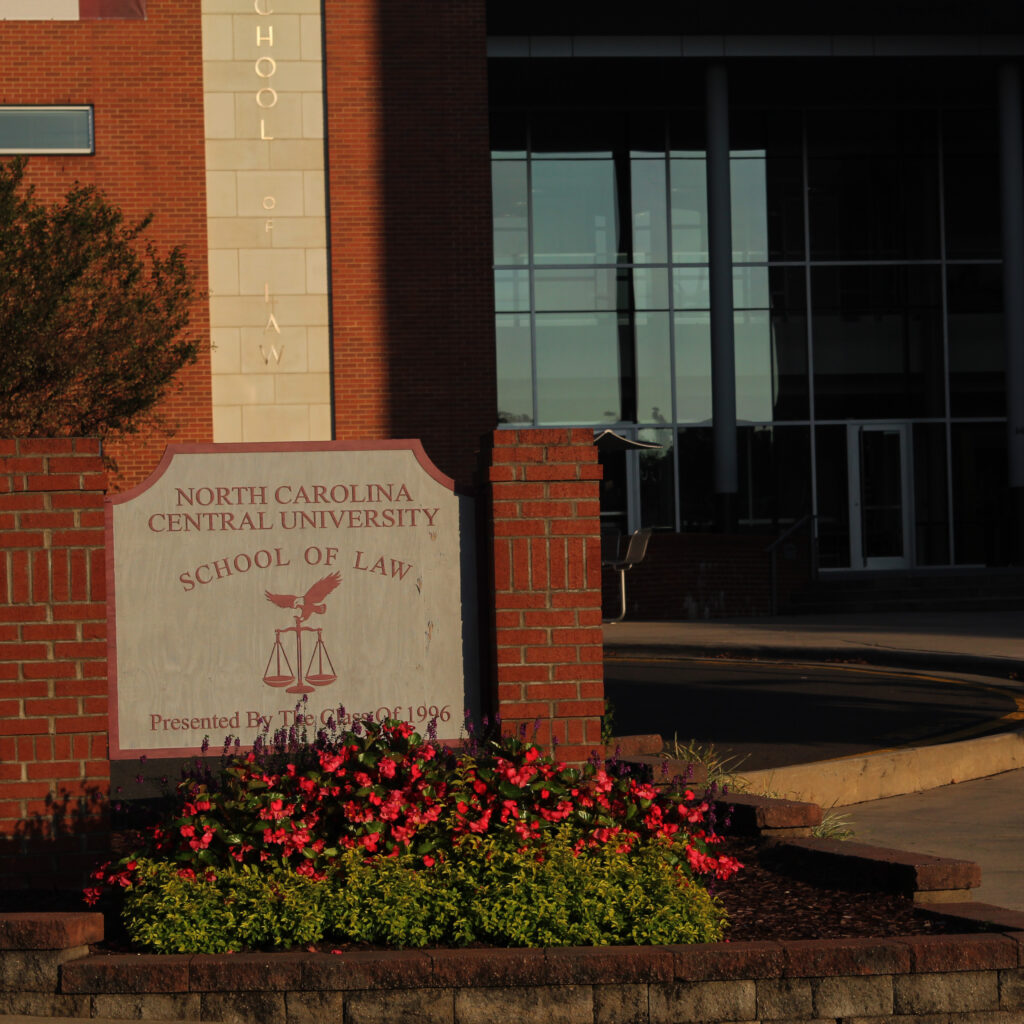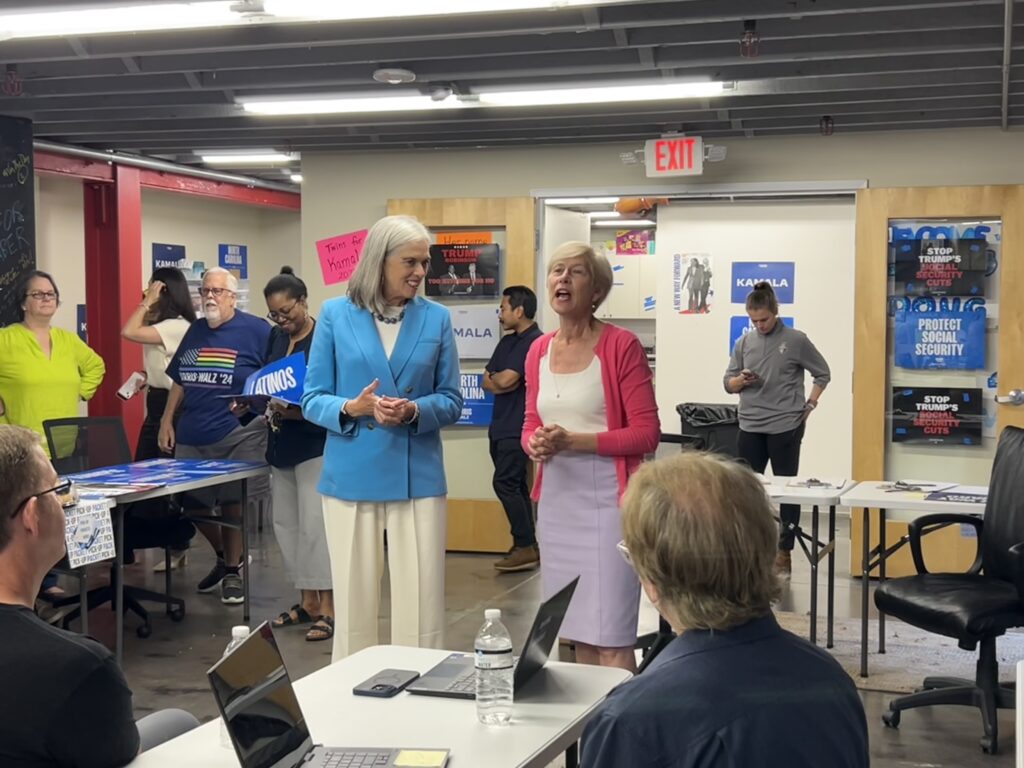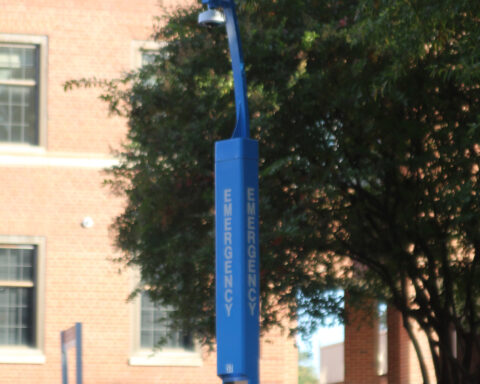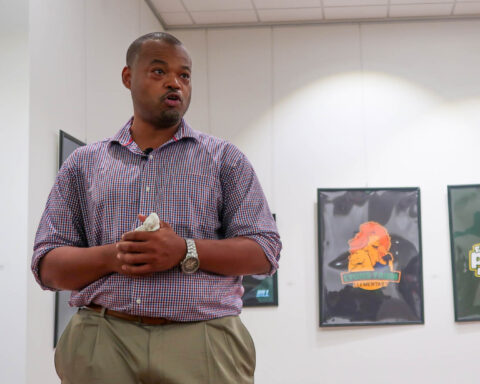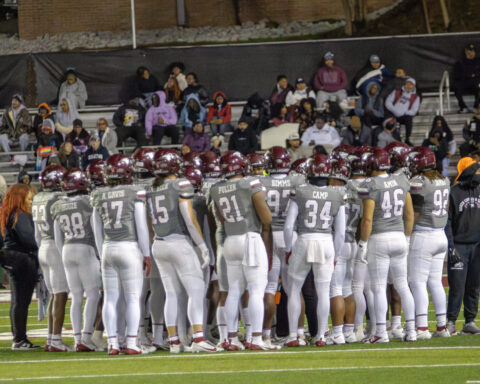N.C. Central University students are accustomed to managing a variety of obligations. A typical student will find oneself juggling a heavy workload, a wide range of extracurricular activities, a part-time job, and, lastly, demanding course work.
According to a 2023 United Negro College Fund report, over 75% of HBCU students work part- or full-time while at school. In fact, HBCU students are working at jobs outside of class at greater rates than white PWI students. A 2021 study by the National Center for Education Statistics (NCES) found that 42% of full time undergraduate students in the U.S. work.
“Everyday is pretty full, but I do what I must. That’s what really makes a difference,” said Fallyn Roberts, a mass communications junior. Roberts, a member of several student organizations, has a number of leadership responsibilities. She says she begins her day in class and proceeds with extracurricular activities such a project collaboration, event coordination, and mentorship. She ends a busy academic week with a part-time job at Publix on the weekends.
Senior Class President and business administration senior Marcus B. Spates faces similar time constraints as Roberts. His days are jam-packed with work, meetings, and classes. In additional to class president responsibilities, he also directs an afterschool program.
But Spates doesn’t let his busy schedule prevent him from achieving his goal of making a difference in the community.
“Everything I do is driven by my desire to make a difference,” Spates says. “I know that every meeting, every project, and every class contributes to something bigger, and that keeps me going.”
Spates and Roberts both stress the importance of maintaining balance. According to a report by the American College Health Association, 60% of college students experience overwhelming anxiety, and burnout is common when boundaries aren’t set. “I’ve had to learn that I can’t be everywhere at once, and sometimes it’s okay to say no,” said Spates. Both agree that self-care needs to be added to their time management strategies.
“You can’t pour from an empty cup,” said Roberts. “Whether it’s hitting the gym or getting a mani-pedi, I make sure to take care of myself.”
Spates, an extrovert, says he finds his calm in nature and social settings. “Being in nature or hanging out with people I care about helps me recharge,” he said.
These moments of relaxation are essential for students juggling so many responsibilities, as they help to maintain both mental and physical well-being.
Despite the demanding curriculum, many NCCU students take pride in their ability to manage multiple responsibilities. The sense of purpose and community is a driving factor for many, as they take on leadership roles, part-time jobs, and academic challenges. It is not without difficulties, though. Like many other students at campuses across the nation, NCCU students struggle with overstretching themselves. Between school, work, and extracurricular activities, there are times when something has to give–whether it’s sleep, social life, or academics. Both Spates and Roberts acknowledge that sacrifices are sometimes inevitable, but with proper planning and a focus on their goals, they are able to stay afloat.
To help manage the pressure, NCCU students utilize various resources. To-do lists, time blocking, and tutoring sessions help students stay on track. Additionally, NCCU provides student-led study halls, counseling services, and workshops on time management and mental wellness to ensure that students receive both academic and emotional support.
Roberts and Spates, along with many other students, are optimistic that their time at NCCU will continue to benefit them even after they graduate. These skills include setting limits, juggling various responsibilities, and staying focused on their goals. They will take with them the knowledge and skills they have gained from balancing extracurricular activities, employment, and school as they get ready to enter the workforce.
The NCCU experience is ultimately about more than just getting a degree. It’s about developing oneself, being resilient, and discovering how to meet life’s challenges head-on with grace and tenacity. According to students like Roberts and Spates, this harmony is evidence of the Eagle community’s resilience and their common drive for achievement.

